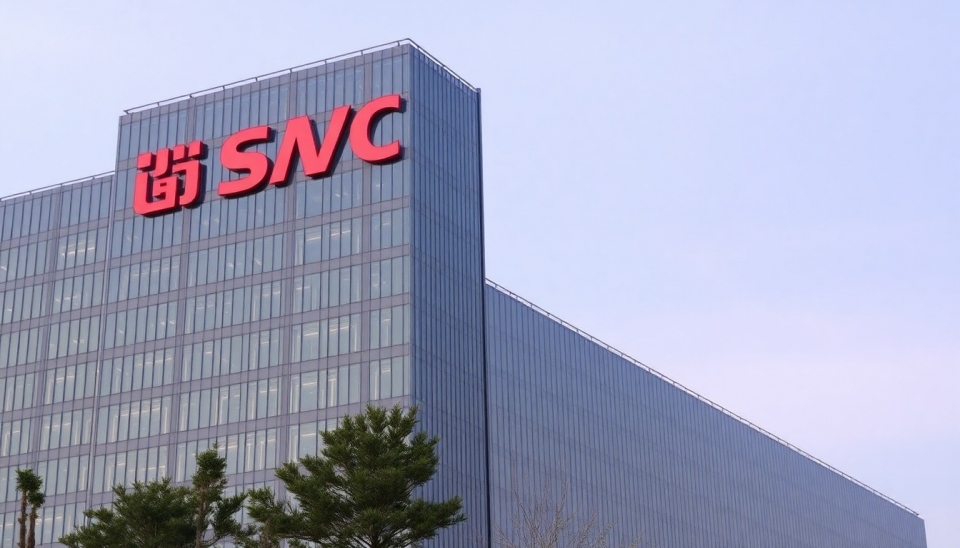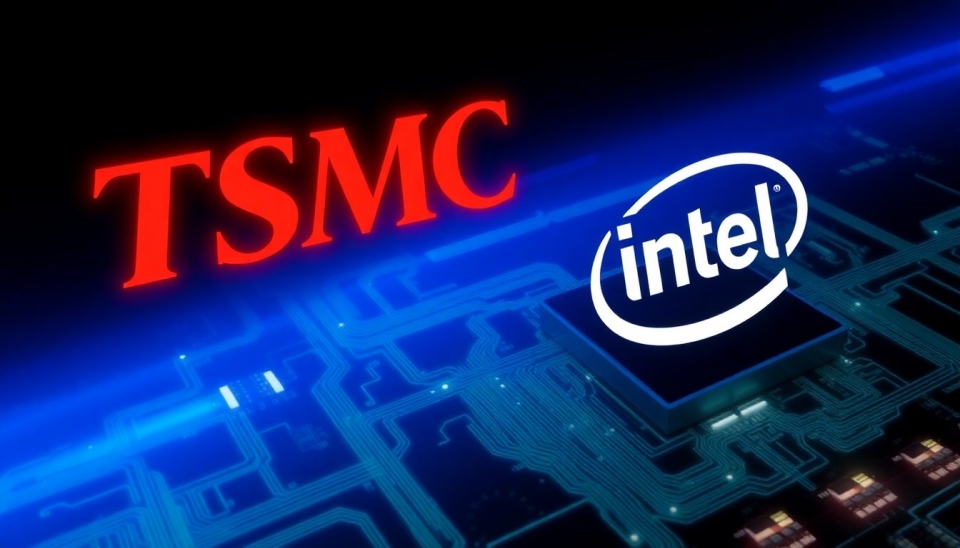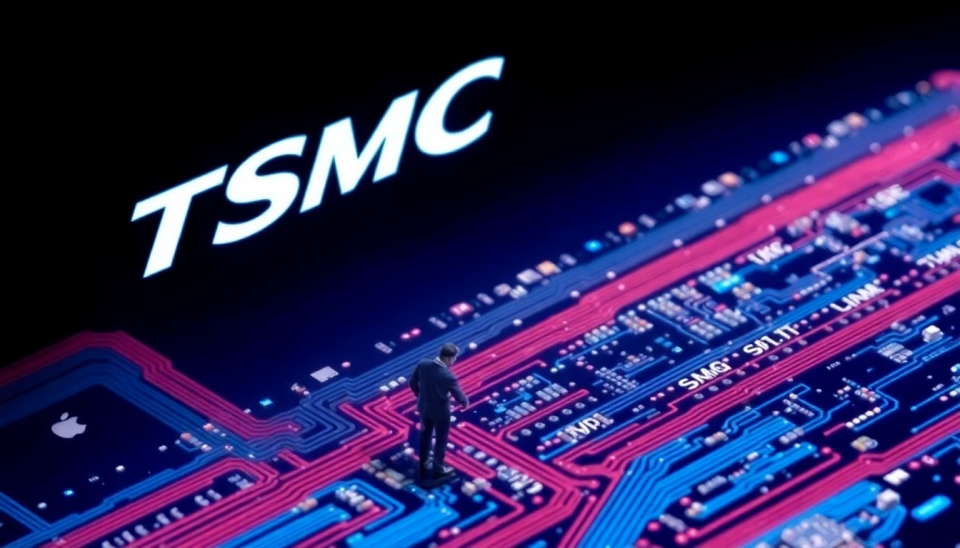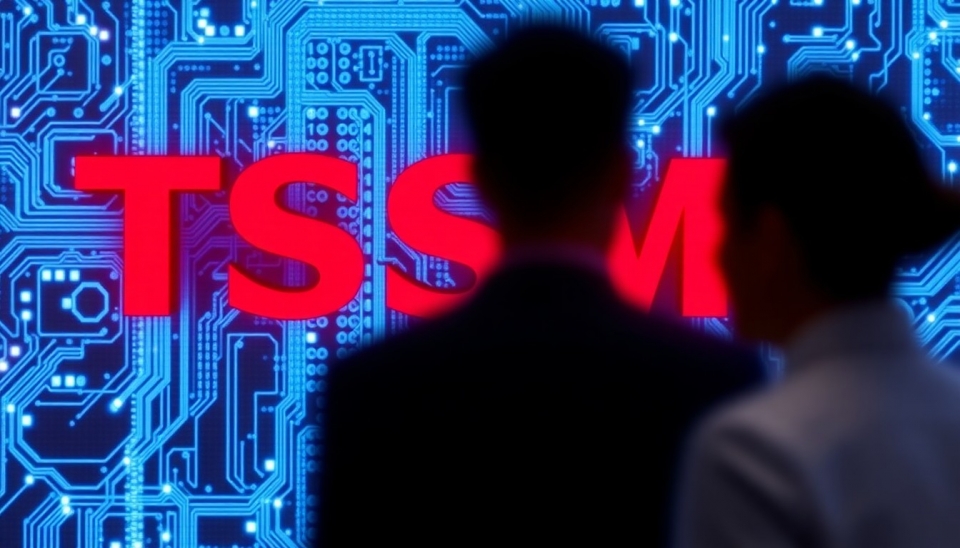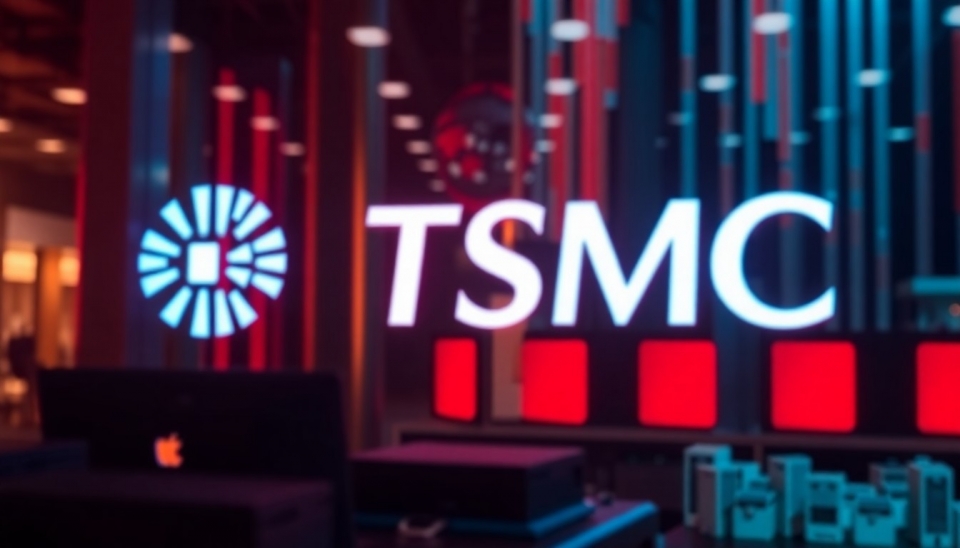
In a significant turn of events in the semiconductor industry, Taiwan Semiconductor Manufacturing Company (TSMC) has severed ties with one of its clients after discovering that chips intended for the customer were being redirected to Huawei, a company that has faced scrutiny and legal challenges regarding its relationship with various governments worldwide. The move by TSMC underscores the ongoing tensions in the global tech supply chain, particularly amid accusations of intellectual property theft and espionage.
Reports indicate that TSMC uncovered evidence that its client was allegedly selling TSMC-manufactured chips to Huawei, which is currently on the restricted list for many American companies due to security concerns. This action has led TSMC to take an unprecedented step by cutting off the client, emphasizing its commitment to comply with international trade restrictions and its adherence to ethical business practices.
The implications of TSMC's decision are far-reaching, impacting not only the client involved but also the broader landscape of semiconductor manufacturing. TSMC is one of the world’s leading chip makers and plays a critical role in the supply chain of numerous high-tech companies globally. By maintaining its stance against unauthorized redistribution of its products, TSMC is sending a clear message to the market – it will not tolerate actions that could jeopardize its reputation and compliance with international laws and regulations.
In response to TSMC’s action, analysts speculate that the affected client may face serious challenges in securing alternative sources for their semiconductor needs, potentially leaving them vulnerable in a highly competitive market. This incident also highlights the intricate dynamics of the tech industry, where legality, reputation, and competitive strategies are tightly interwoven, and any misstep can lead to severe repercussions.
The backdrop of this incident is painted with the larger narrative of U.S.-China relations, particularly regarding technology and trade. With Huawei being a significant player in the telecommunications sector, its ongoing struggles with U.S. sanctions have placed additional pressure on companies like TSMC, which must navigate the complex waters of compliance while maintaining profitability in a highly intrusive competitive environment.
As the semiconductor industry continues to evolve, the situation illustrates the delicate balance TSMC and its clients must maintain. The fallout from such decisions could reshape relationships within the industry and may lead to increased scrutiny on other firms regarding their supply chains and business practices. Industry experts will be monitoring the situation closely to see what further actions might ensue as a result of TSMC's strict stance.
The incident serves as a stark reminder of the fragile nature of the supply chain in the semiconductor sector and the direct impact of geopolitical tensions on business operations. For consumers, the implications may take time to manifest, but rising tensions could ultimately affect product availability and innovation in the tech landscape.
#TSMC #Huawei #SemiconductorIndustry #SupplyChain #TechNews #GlobalTrade
Author: Emily Collins
